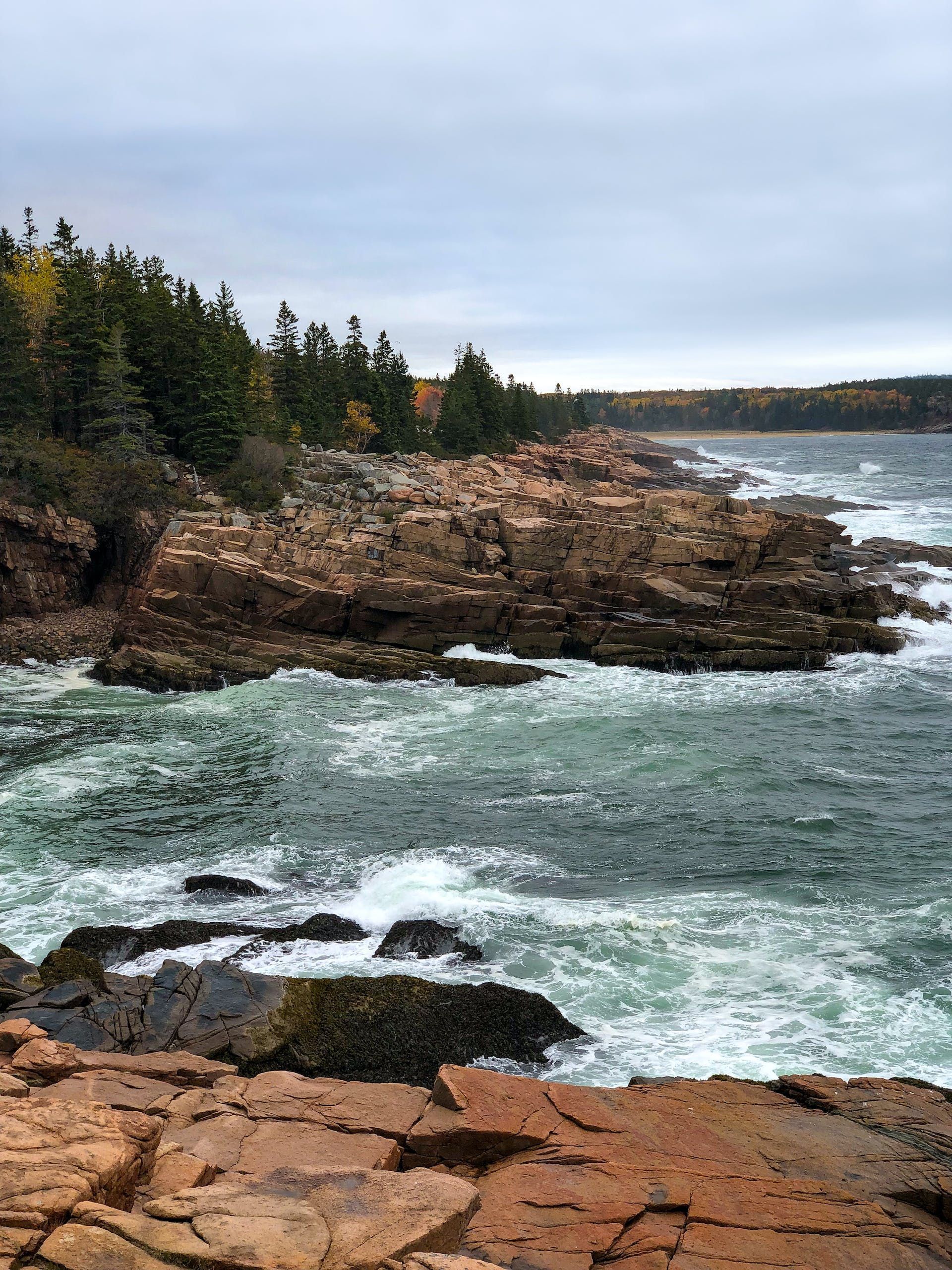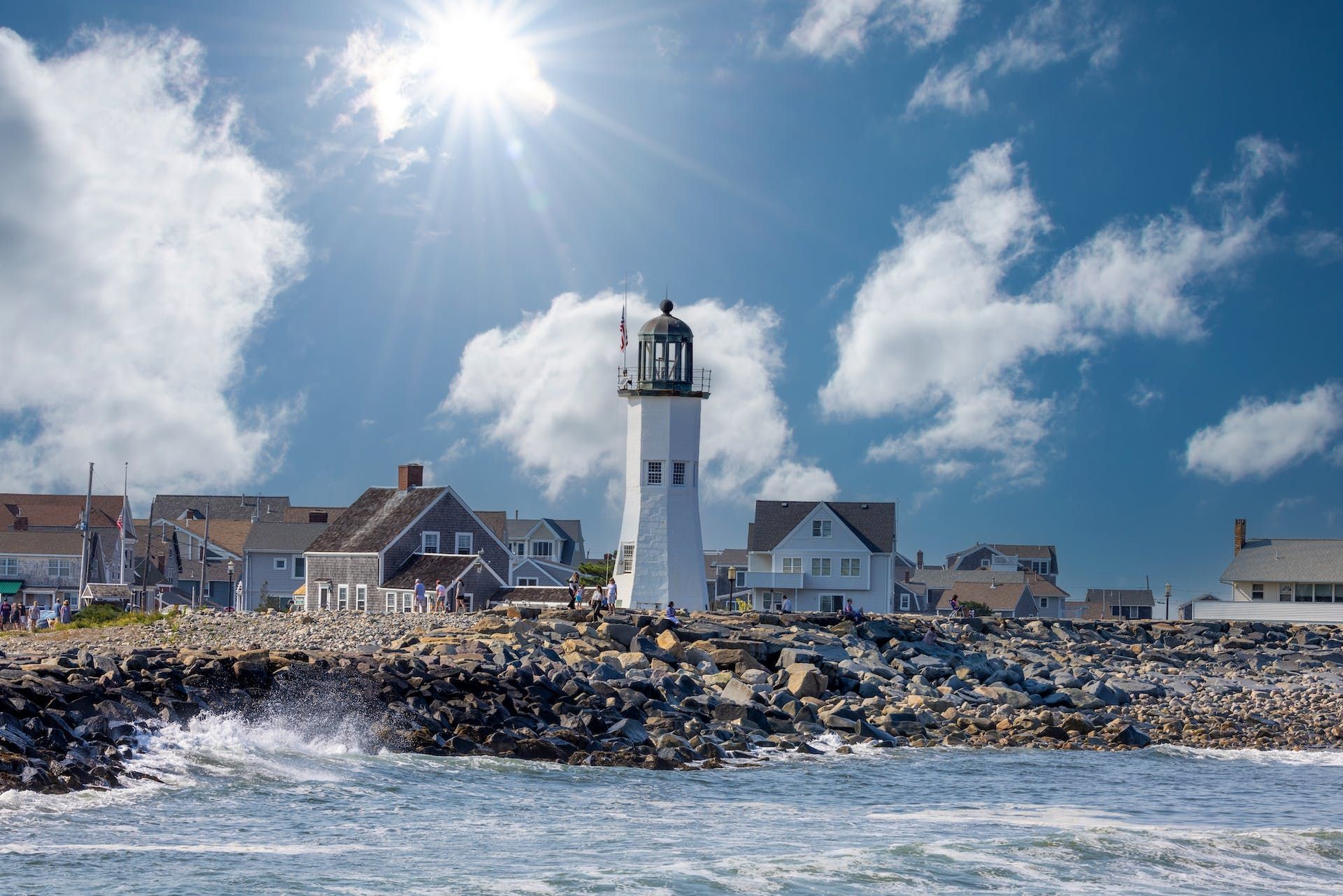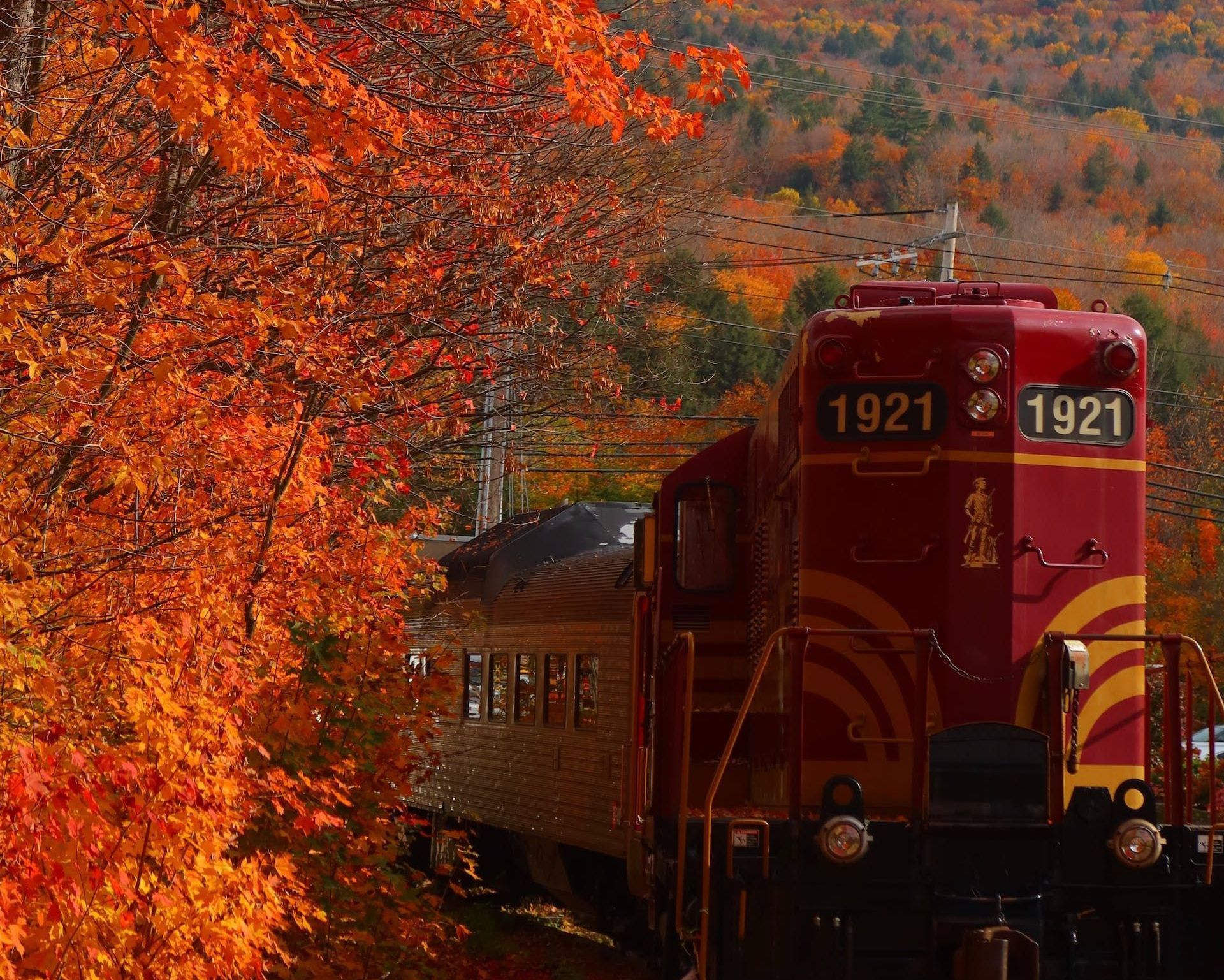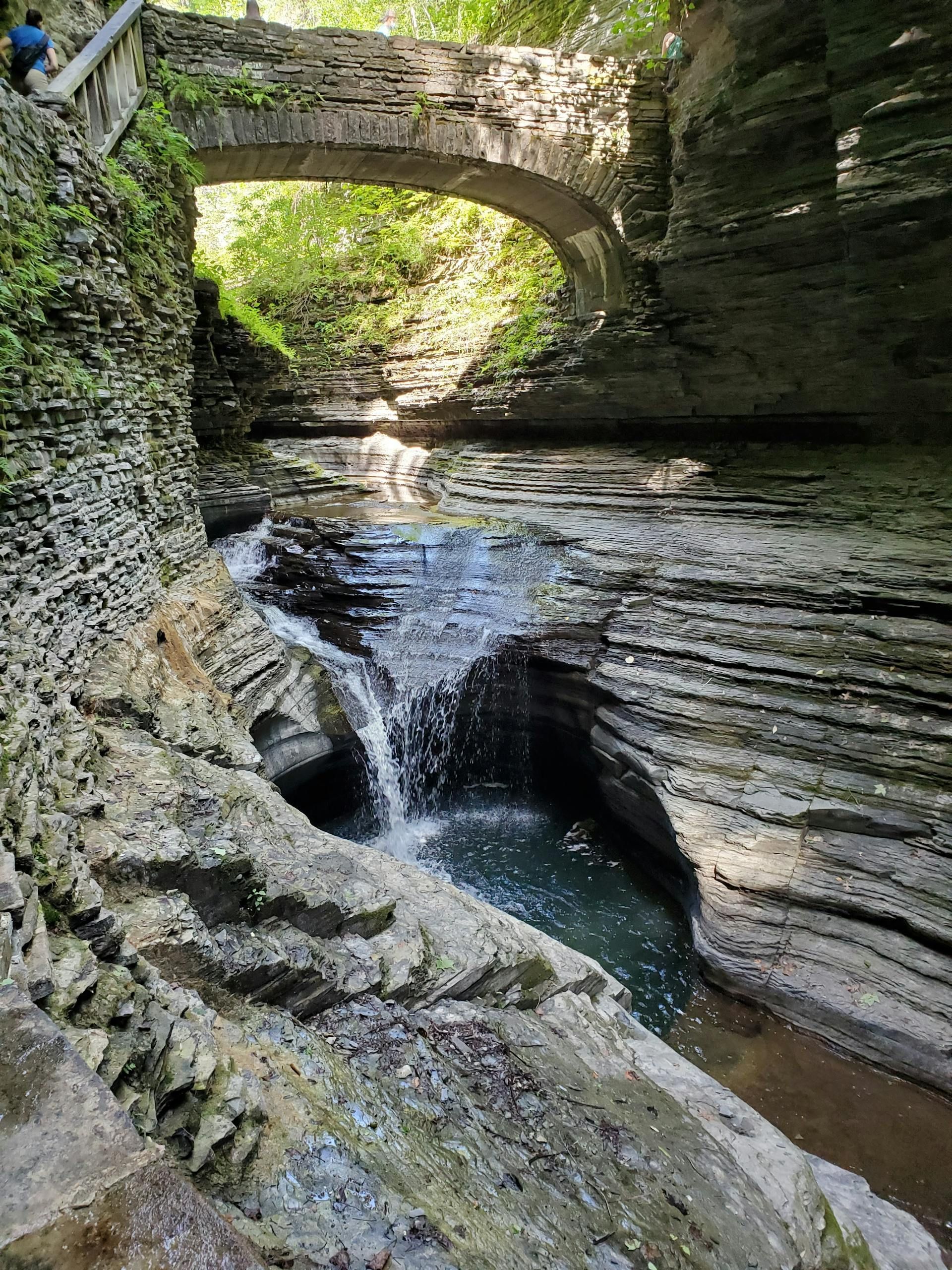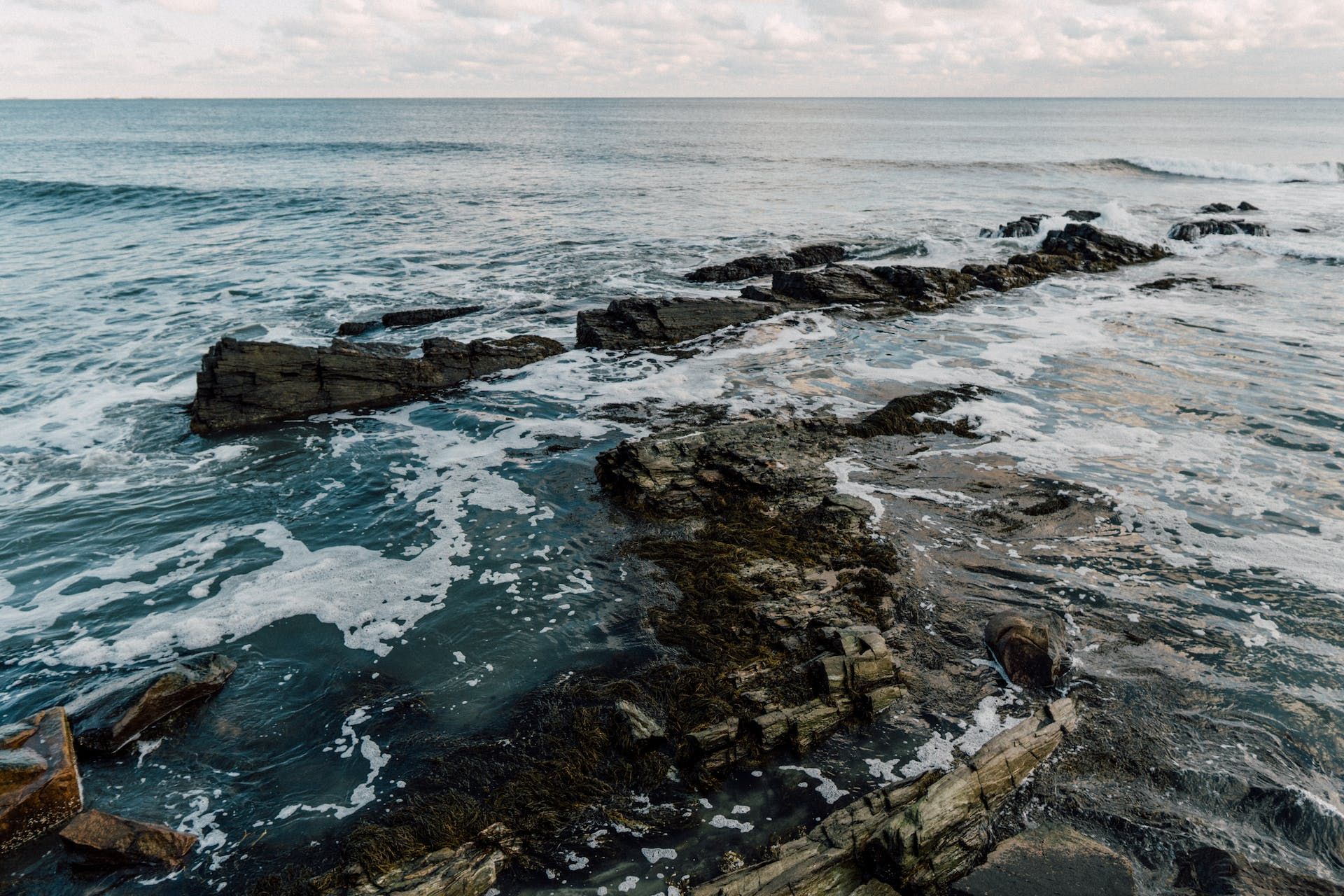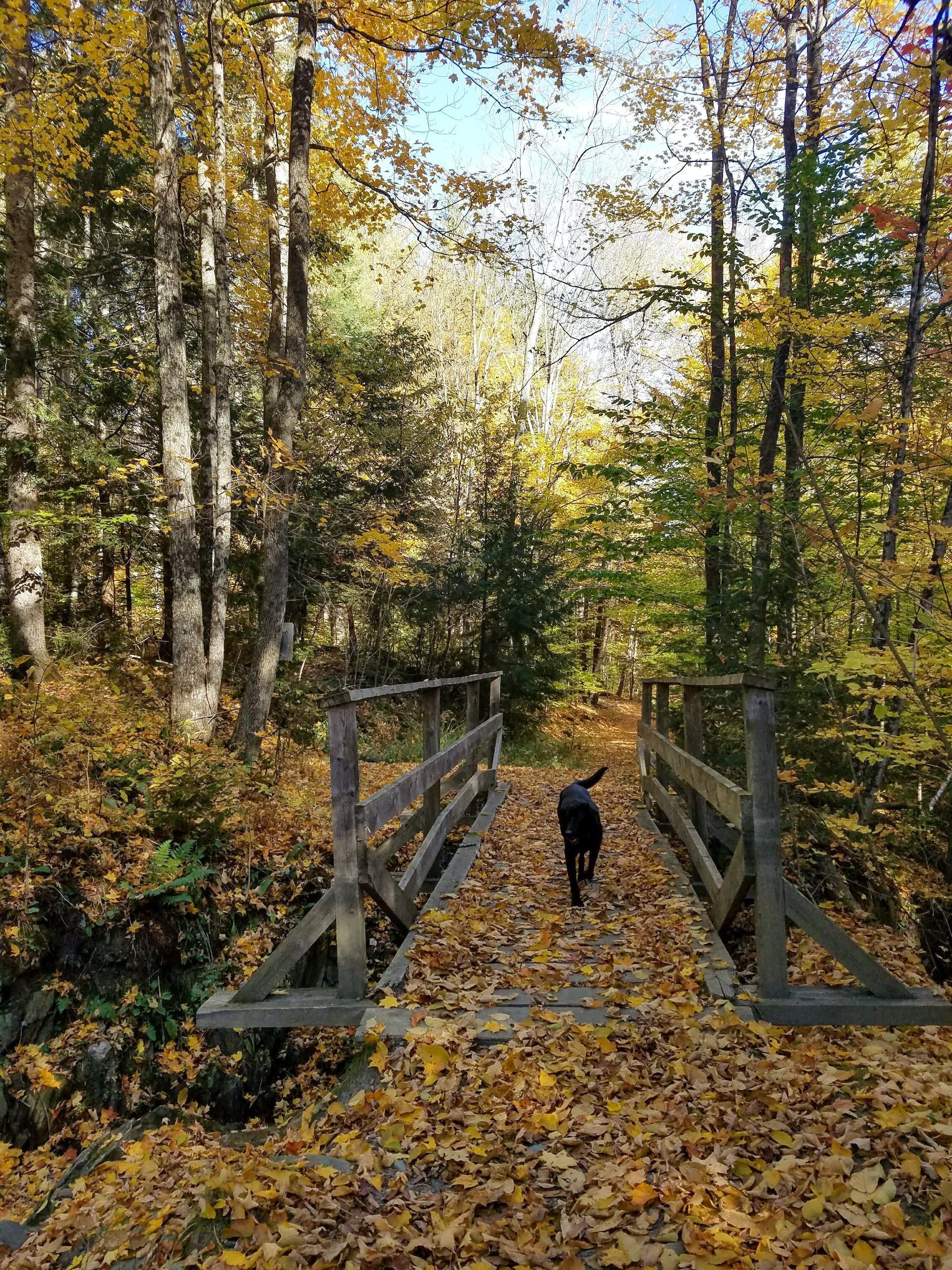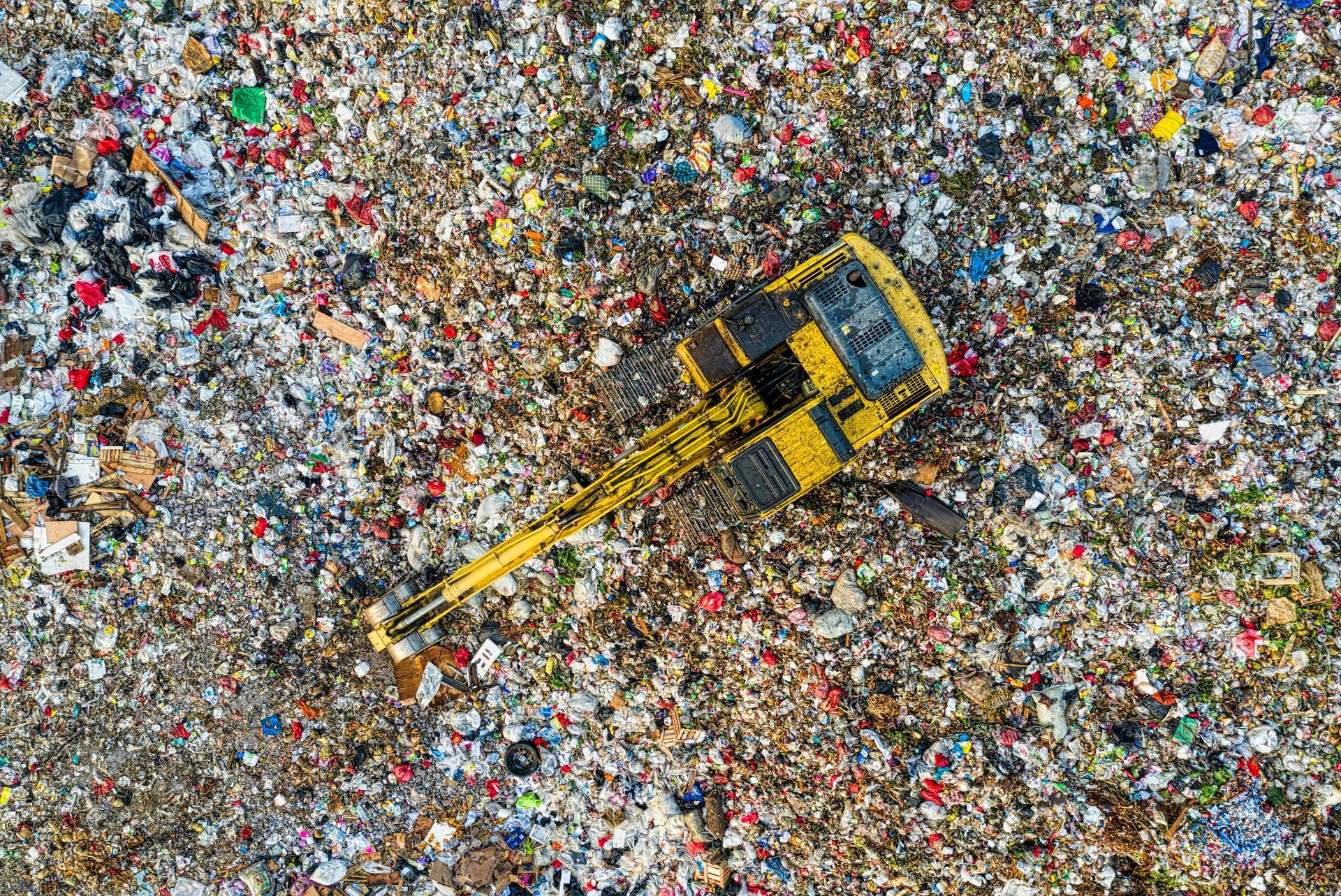Our Mission
To minimize waste, conserve natural resources, and advance a sustainable economy through facilitated collaboration and action.
Our Vision
Is a world in which waste is minimized and natural resources are conserved.
The Northeast Recycling Council, Inc. (NERC): Leading the Way to a Greener Future in 11 States
NERC is a multi-state 501(c)(3) non-profit organization working to bridge informational gaps across the public and private sectors, develop educational resources, and advance conversations on critical issues across sustainable materials management.
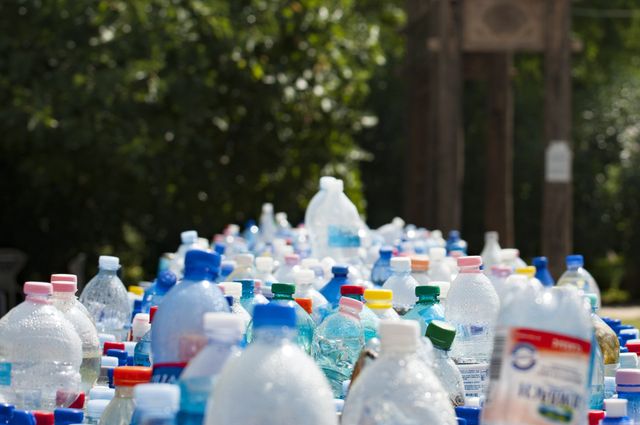
NERC News & Updates:
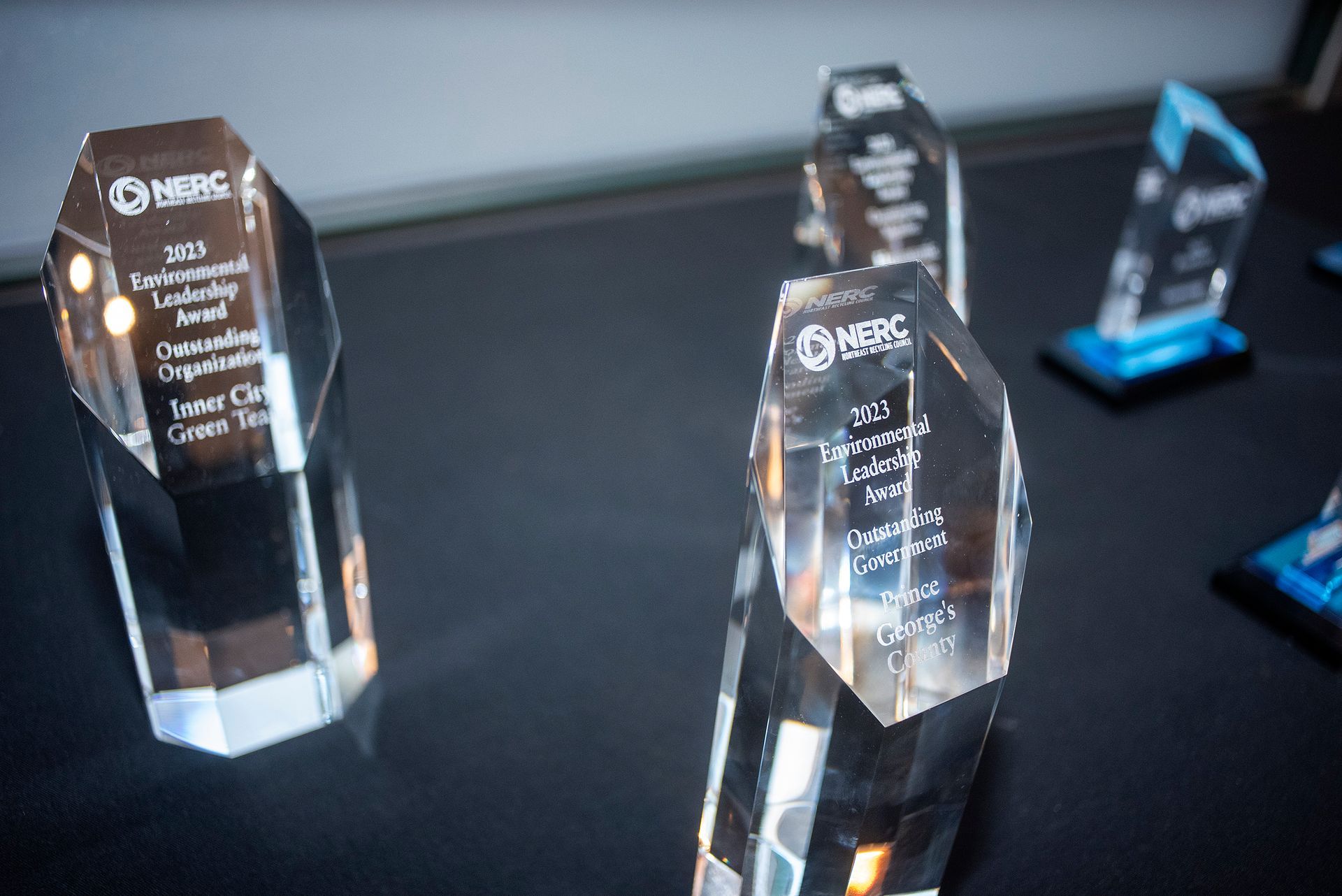
The City of Medford won the 2025 Environmental Leadership Award for Outstanding Community presented by the Northeast Recycling Council, for its innovative work to reduce waste and create a more sustainable waste collection system through the City’s free curbside composting program. “I'm thankful to our team at City Hall, the Solid Waste Taskforce, our consultants Strategy Zero Waste and our volunteers for working so hard to launch our curbside composting program and making it such a meaningful success for our community,” Mayor Breanna Lungo-Koehn said. “This award shows that the work we’re doing in both composting and recycling is having real, transformative effects on how our community thinks about waste and the steps we’re taking to create a more sustainable environment for the future. We are honored to be recognized by the Northeast Recycling Council for these efforts.” Each year, NERC honors a community, an organization, and an individual for their outstanding contributions to recycling education and innovation. This year will mark the 9th annual Environmental Leadership Awards Ceremony, recognizing individuals and organizations who help further NERC’s waste and recycling goals. “Our committee is wholeheartedly impressed by the work of the City of Medford, and how important and impactful that work is for the community,” said Sophie Leone, Development and Program Manager at NERC. “It is a perfect representation of NERC’s mission to minimize waste, conserve natural resources, and advance a sustainable economy through facilitated collaboration and action and we are very excited to bestow the City of Medford with this award.” You can read more about the Environmental Leadership Awards here . And if you haven’t signed up for Medford’s free curbside composting program, you can do that at medfordcomposts.com . Read on MedfordMA.org.
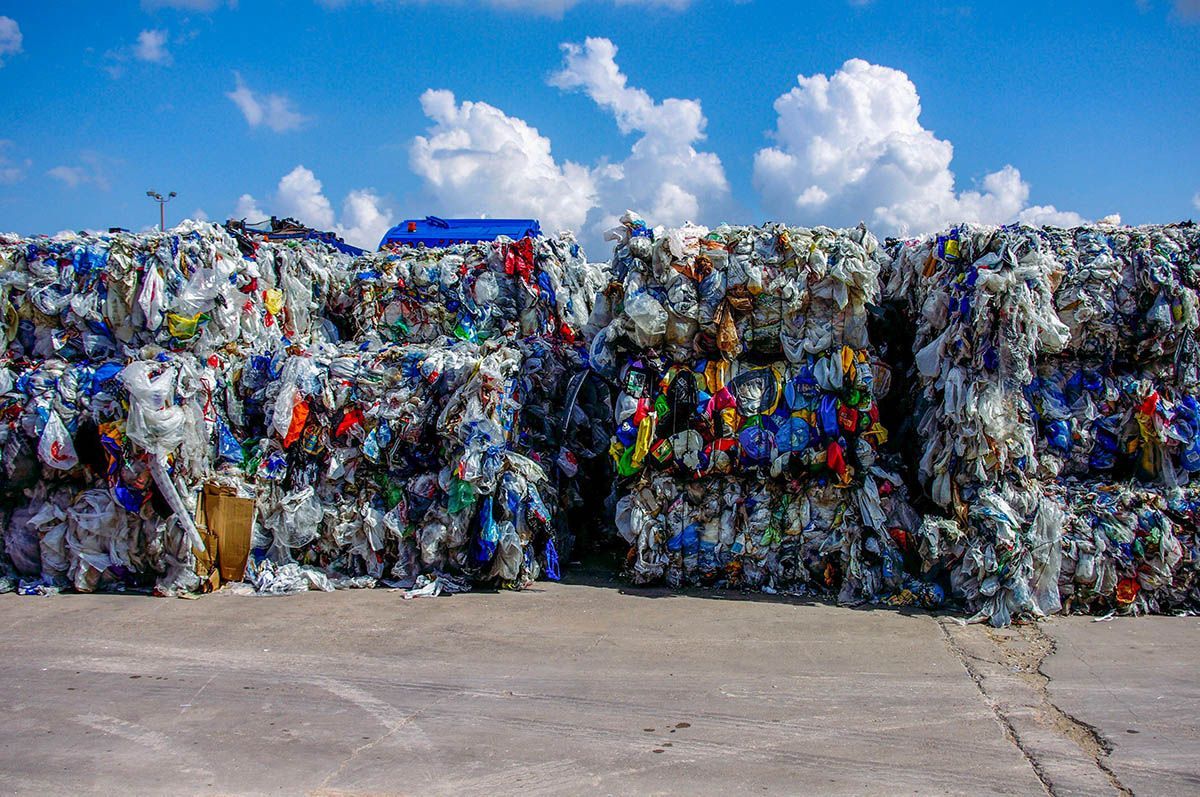
In the Northeast, recycled commodity prices continued to decline in April-June, with MRFs experiencing an average decrease of nearly 6% compared to the first quarter of 2025, according to the Northeast Recycling Council’s (NERC) second-quarter MRF Values Survey Report. NERC’s 25th quarterly report analyzed data from 19 MRFs across 12 states, excluding two facilities from the average blended value “because they did not market enough commodities within Q2 to provide a representative comparison with other MRFs.” Compared to the previous quarter, the responding MRFs reported average values per ton for blended recyclables with residuals at $82.68, a decrease of 7.74%, or $96.21 per ton, a 5.99% decline without residuals. Thirteen of the 17 MRFs contributing to the weighted average were single-stream, while four operated on a dual-stream/source-separated basis. In the Northeast, dual-stream facilities reported a blended value of $99.74 without residuals and $86.52 including residuals, experiencing decreases of 7% and 7.16% from the previous quarter, respectively. Single-stream MRFs recorded blended values of $95.08 without residuals, down 5.7%, and $81.28,down 8.3%, with residuals. Factors such as tariffs and weak demand have led major waste haulers to adjust their forecasts, anticipating challenges due to economic uncertainty for the remainder of 2025. This dip in commodity prices was reflected in second-quarter earnings reports, with four companies reporting an average year-over-year decrease of 15% in commodity values. Houston-based WM projected a $15 million decline in earnings before interest, taxes, depreciation, and amortization due to softening demand. However, the emergence of new and upgraded polymer facilities is enhancing processing capabilities, driven by the expectation of high demand for recycled PET. A version of this story appeared in Resource Recycling on Sept 9. Read on Resource Recycling.








